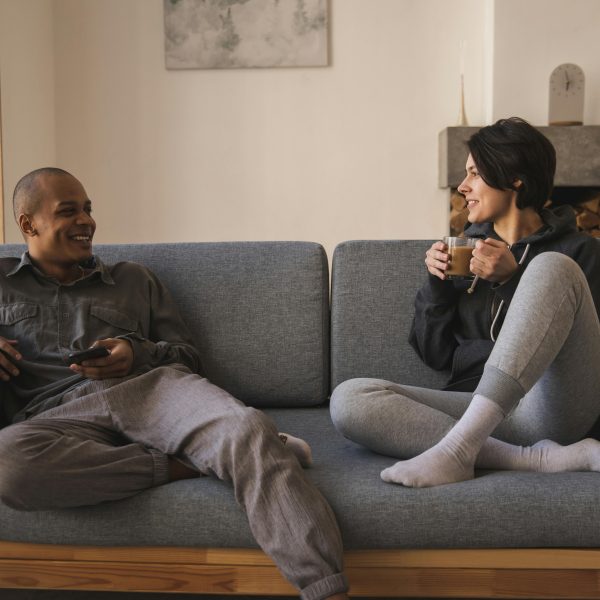Many partners believe that they are good listeners, but they often fail to summarize what their partner has said accurately. This is because they are often too busy thinking about what they are going to say next, or they are preparing a defense if their partner is upset.
When a partner is listing complaints or is very upset, it is important to focus on listening to them and understanding their point of view. If the listener is busy planning their own response, the conversation will quickly become about the listener’s point of view, and the upset partner will feel unheard and unsupported. This can lead to an escalation of the argument and make it more difficult to resolve the issue.
Active listening is a powerful communication tool that can help you build stronger relationships. It is the act of paying attention to what someone is saying, both verbally and nonverbally, and trying to understand their point of view.

Here are some tips for practicing active listening:
Give your partner your full attention. This means putting away your phone, making eye contact, and not interrupting.
Pay attention to their body language and facial expressions. These can tell you a lot about how they are feeling.
Don’t try to solve their problems. Just listen and let them know that you understand.
Ask clarifying questions. This shows that you are listening and trying to understand their point of view.
Validate their feelings. This doesn’t mean that you have to agree with them, but it does mean that you acknowledge their feelings.
Active listening is not always easy, especially when you are feeling emotional. But it is a skill that is worth learning. By being an active listener, you can show your partner that you care about them and that you are willing to listen to them. This can help to build trust and intimacy in your relationship.
Here are some additional tips for being a good listener:
Be patient. It may take time for your partner to open up to you.
Be non-judgmental. Don’t criticize or judge your partner’s feelings.
Be supportive. Let your partner know that you are there for them and that you care about them.
Be honest. If you don’t understand something, say so.
Be willing to learn. Active listening is a skill that takes practice. Be willing to learn and grow as a listener.

The Power of Active Listening
Active listening isn’t just about hearing words; it’s about understanding and connecting with others. Here’s why it matters:
Resolving Problems Better: When you listen closely, you can solve issues more effectively by understanding what’s really going on and finding solutions that work for everyone.
Stronger Relationships at Work: Active listening helps you collaborate better with colleagues, making the workplace more positive and productive.
Better Parenting: Listening to your kids helps them feel valued and strengthens your bond. It also makes it easier to address their concerns.
Trust in Friendships: Being a good listener deepens trust and strengthens your friendships because friends know they can count on you.
Romantic Relationships: Active listening keeps the spark alive in romantic relationships by helping partners feel appreciated and emotionally close.
Smart Decision-Making: Active listening helps you gather more information and different perspectives, making you better at solving problems and making choices.
Personal Growth: It makes you more knowledgeable, empathetic, and open-minded, helping you grow as a person.
Less Stress: Active listening reduces misunderstandings, making interactions smoother and less stressful.
So, the next time you listen, try to really understand and connect. It can make a big difference in all areas of your life.





